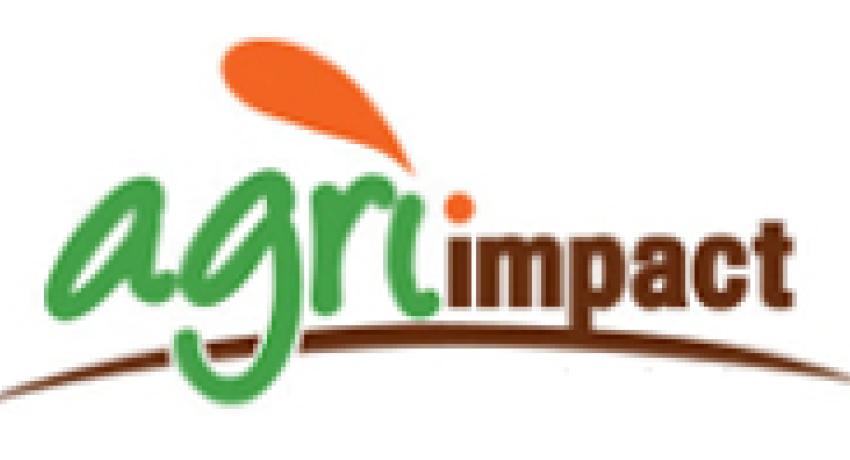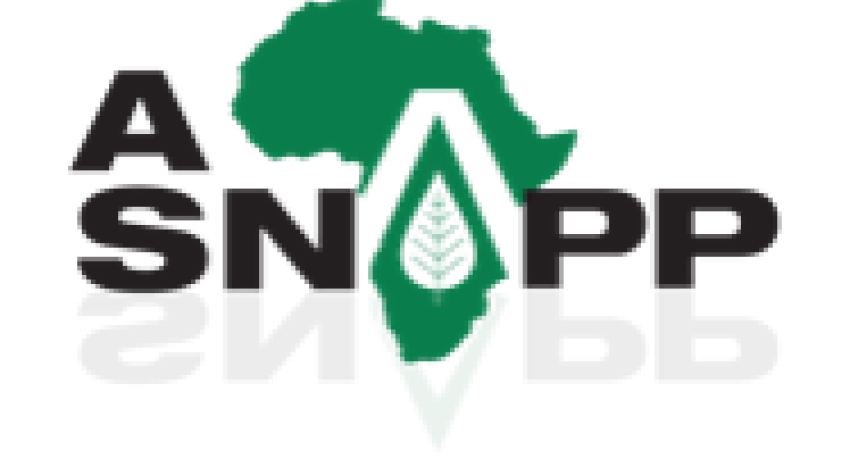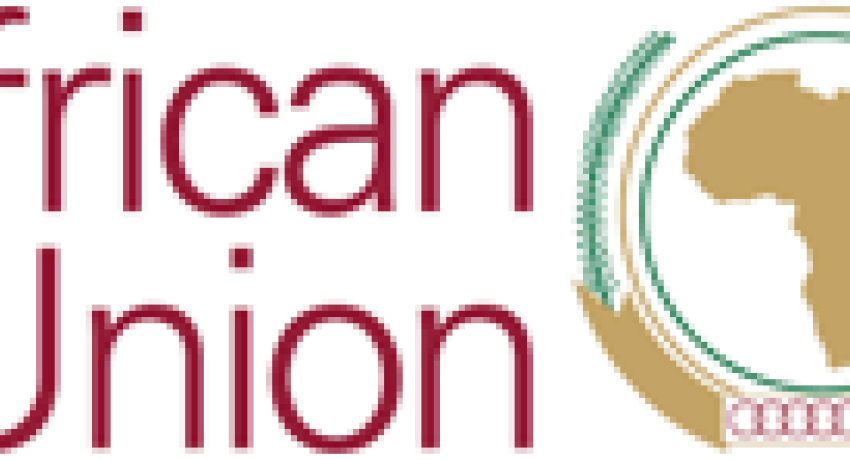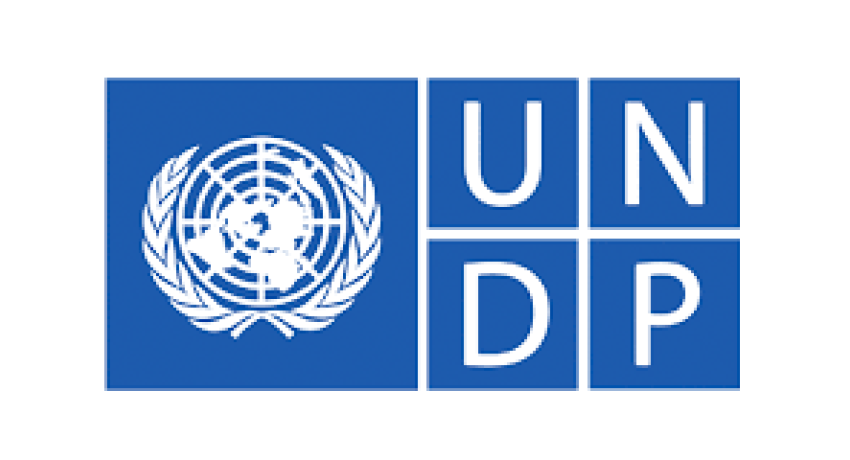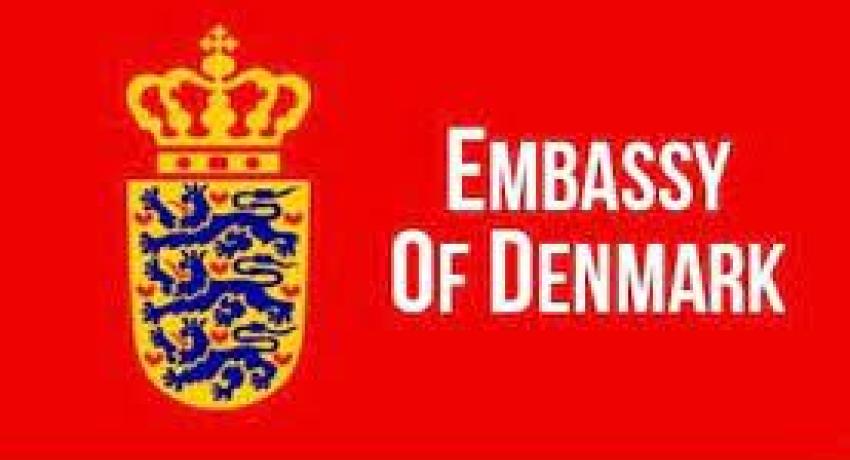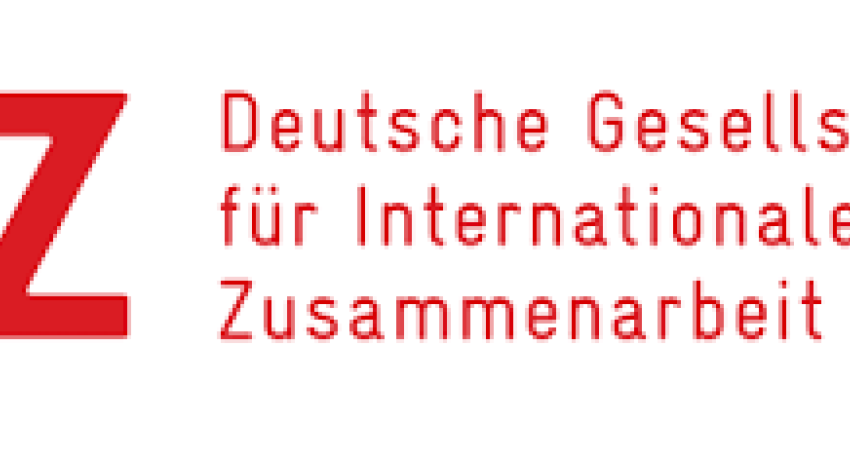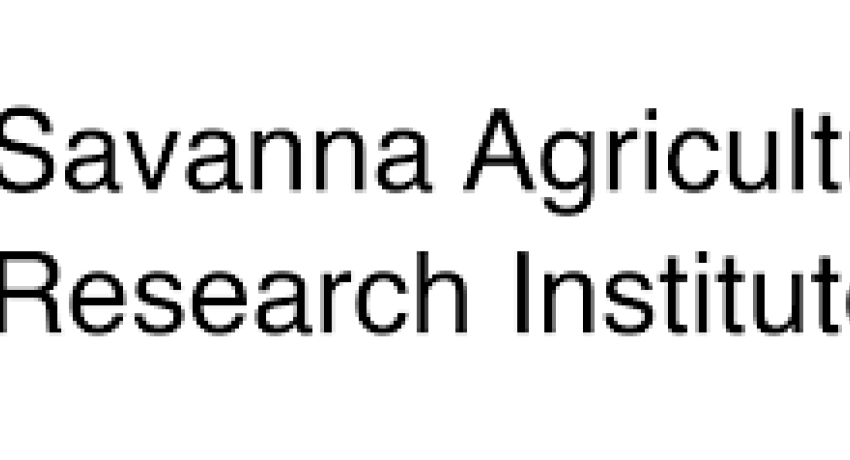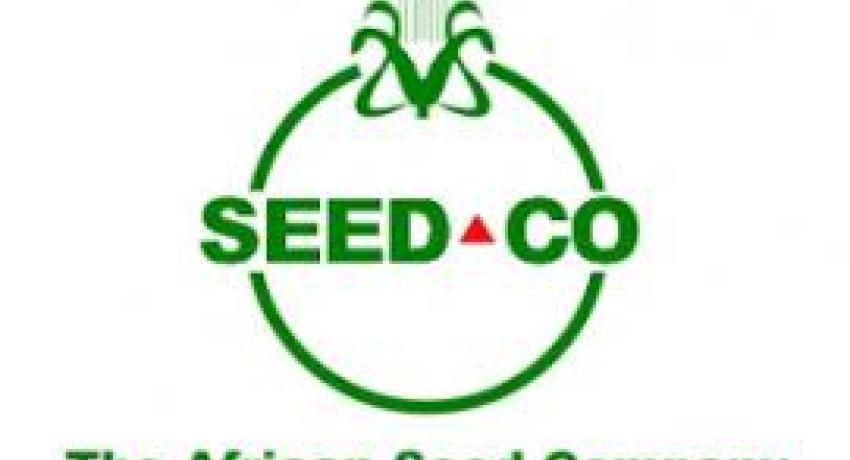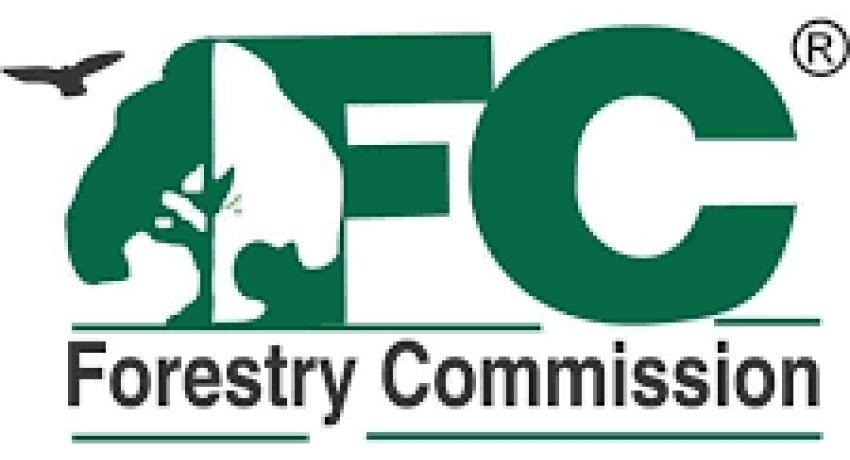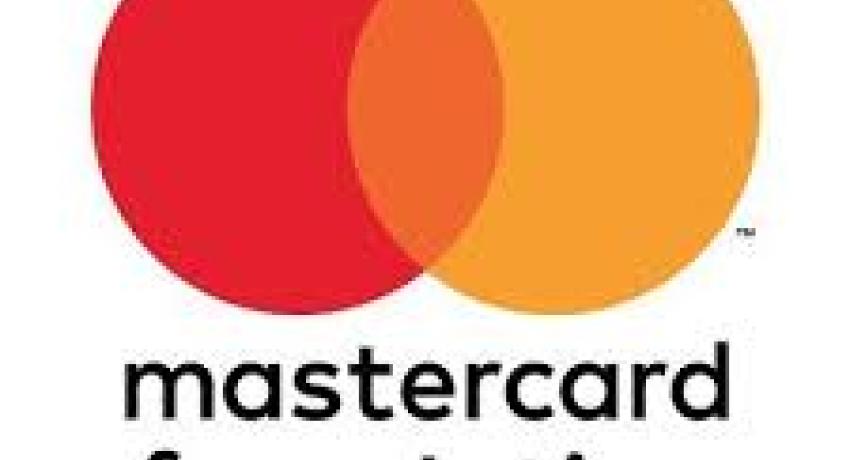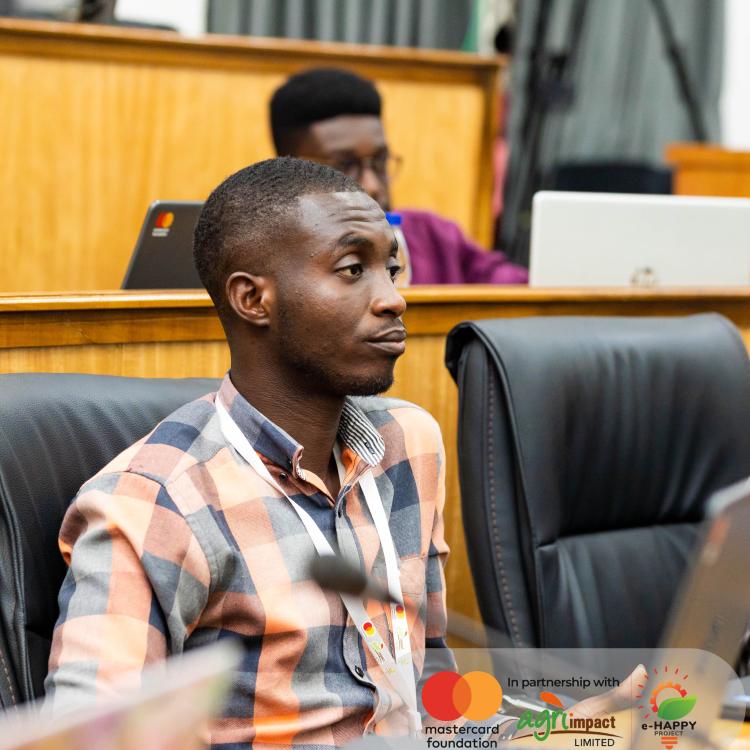This midterm evaluation report of the ICCO-funded and ASNAPP-implemented alternative livelihoods project for Asunafo North and South districts in the Brong Ahafo region of Ghana was commissioned by ASNAPP to examine the concept, design, implementation modalities, effectiveness, relevance, impact and sustainability and also assess project management arrangements during its first two years of implementation (ended April 2011).
In conducting this evaluation project documents, progress reports and relevant policy documents on the NTFP sector were reviewed. The consultant visited selected communities and farms in the project area to interact with beneficiaries, interacted with project partners; support service providers, governmental institutions and other development organizations in Accra, Kumasi and Goaso (see Appendix 2).
Apart from the project concept and design being in line with the emerging national policy on the NTFPP sector, strong collaboration with several partners during implementation, application of on-going research results, effective project implementation monitoring, provision of market opportunities for NTFPPs, and ASNAPP’s capacity for technical training along the entire NTFPP value chain were major lessons learnt during this 2-year implementation period.
Applying the goal-based model of evaluation on key outputs and outcomes agreed upon for review after year 2 of implementation, management has achieved or even exceeded set targets in some cases. Farmer sensitization and awareness creation, seedling production and distribution, target number of farmers to reach with pilot farms, research and experimentation on selected non-timber forest plants (GOP, Voacanga, Griffonia, Black pepper) and technical capacity building actors along the entire value chain have been very successful.
Based on the positive attributes and the results achieved within the first two years of this alternative livelihood project (concept, design, relevance and sustainability) with the implementation and monitoring arrangements and activities carried out so far, it is recommended that
- the last three years of funding be committed to consolidate the gains of this innovative project
- a beneficiary assessment should be undertaken to confirm and document the gains by farmers (by comparing revenues and income streams generated by farmers who have cultivated the various crops promoted by the project - Voacanga, GOP, Black pepper and Griffonia - with those of non-participating farmers)
- ASNAPP be facilitated to up- and out-scale technical capacity building of all the actors along the entire NTFPP value chain, in line with the emerging national policy on the sector.


